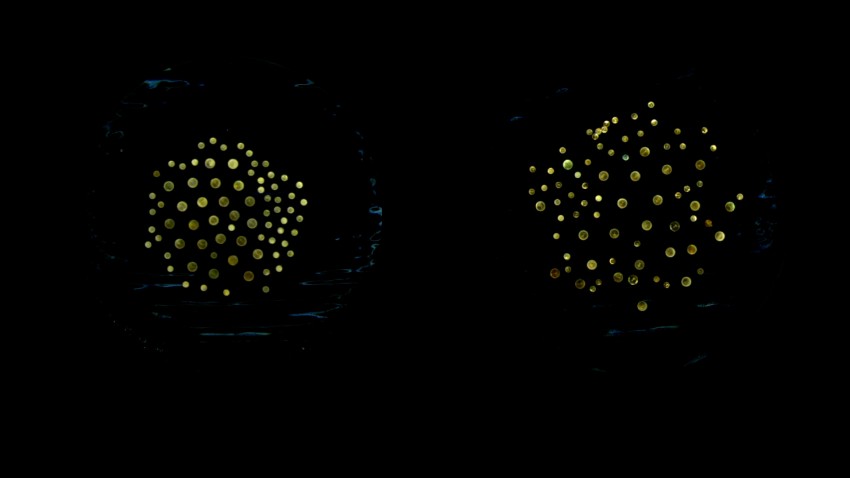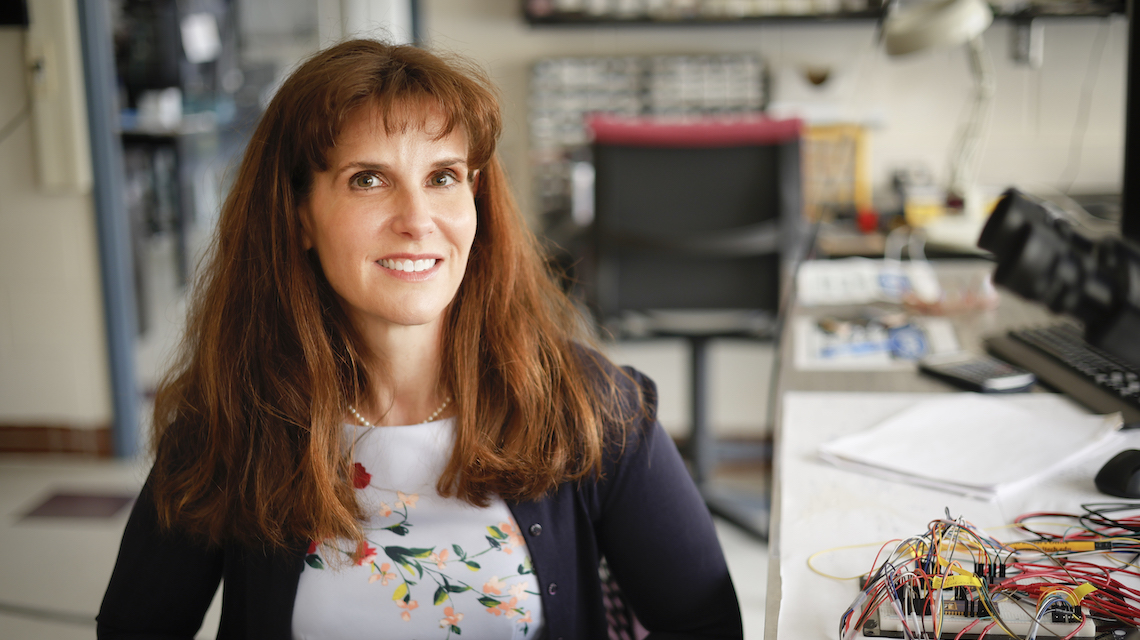
Six early-career professors win NSF development awards
Researchers studying large-scale artificial intelligence, microbial biomanufacturing and causal inference methods are among the Cornell researchers who recently received National Science Foundation Faculty Early Career Development Awards. Read more





.png
)



